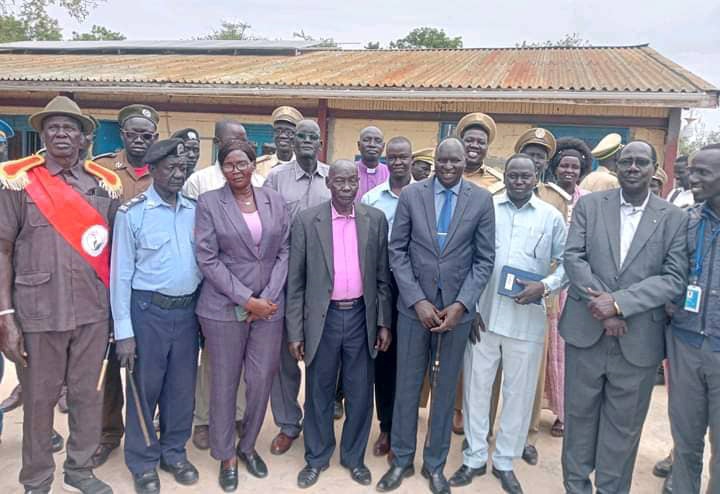NIGERIA: EFCC Reveals Latest Internet Fraud ‘Hotel Review Job Scam’ Targeting Europe, Others

By Munyal Manunyi
A new internet fraud identified as ‘hotel review job scam’, has surfaced on the Nigerian internet landscape, the Economic and Financial Crimes Commission (EFCC) has revealed.
The EFCC made the revelation in a press statement issued by its spokesman, Dele Oyewale, highlighting that the crime is perpetrated by foreigners, mostly Chinese.

Oyewale said at least four Chinese nationals and 101 other suspected internet fraudsters, were on Thursday arrested in connection with the crime at Naka Hall Plaza in Abutu Garba Street, Gudu, Abuja, with 100 compact Workstations recovered from them.
He said acting on intelligence on the emerging internet crimes, EFCC operatives arrested the syndicate who specialise in hotel review job scam, targeting mostly United Kingdom victims.

Speaking on how the fraud works, Oyewale said: “Hotel Review Job Scam is a globally- entrenched internet-related fraud that is newly appearing on the Nigerian space.
“The modus operandi involves Chinese who usually recruit local and computer-savvy Nigerians as Customer Service Representatives.
“The Representatives are made to work on a prepared template of criminality online. They are given identities and names, usually foreign, through which they chat with expatriates.”

He explained that the crime involves making false representation to victims to win their trust to engage in hotel ratings with promises of $5 for every hotel that is reviewed.
He further highlighted that as the victims get paid, they are encouraged to review more hotels and the payment is increased to $10 per rating.
Meanwhile, after a long while, the victim is encouraged to make bookings in any of the rated hotels for as much as $500 and that the company would pay back with chunky interest into a crypto wallet bearing their names.
“After making bookings, the victim would not be able to open the wallet and his or her money is lost.
“The fraud is an intricate mechanism of defrauding foreigners and it is targeted at victims in Europe and other parts of the world.
“We are working with other law enforcement agencies across the world to dig deeper into the global dimensions involved in this crime,” the spokesman said.
categories
recent posts

NIGERIA: JAMB Offers Cash Reward To Debunk Exam Town Misinformation

Chelsea Edge Everton To Break Into Premier League Top Four

World Mourns as Pope Francis’ Coffin Arrives at Rome Basilica for Final Burial

SOUTH SUDAN: Measles Vaccination Campaign Launched In Twic East County

